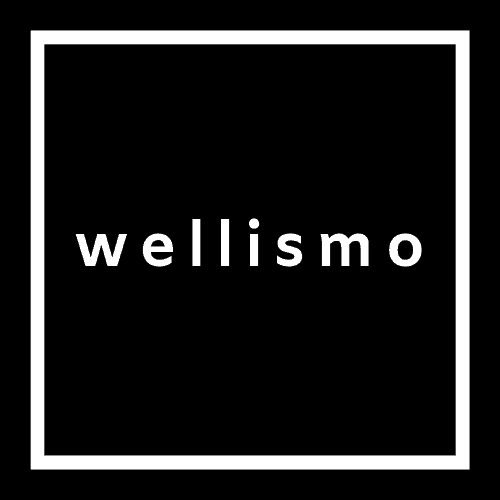Photo by Ketut Subiyanto from Pexels
Often, the relationship questions we tend to ask are about appearance or personality. While that is important to an extent, there is a treasure trove of valuable information stored deep within ourselves.
Only well-crafted questions can reveal that information. Questions such as:
- What are your expectations about texting and replying back?
- When faced with relationship conflict, do you fight, flight, freeze or fawn?
- How much of your free time are you willing to give to your relationship?
- What couples do you look up to and why?
We all come to the table with beliefs about what relationships should and shouldn’t be. We also come with our own baggage, triggers, motivations, needs, and expectations.
But how do you know what they are? Relationship self-awareness is the process of understanding these often unspoken relational beliefs, values, desires, and fears.
I’ve compiled a list of the most powerful questions you can ask yourself to develop strong self-awareness around who you are as a partner.
Benefits of self-awareness
Ultimately, this exercise is about self-discovery more than anything. When you know yourself, you can more easily:
- make decisions
- resolve conflicts
- understand your triggers
- share your authentic self with your partner
- feel and come across as more confident
- enjoy different types of intimacy
- know what you want – and ask for it
- compromise (but not settle)
- feel more secure
- handle rejection easier
- have more fun along the way
Download the Free Relationship Questions Workbook
Important Caveats
First, answering these questions ahead of time does not guarantee a happy relationship from day one. Partners often figure it out along the way, and that’s perfectly fine.
Second, this is not about creating a rigid set of rules. Asking open-ended questions creates a framework from which you can fill in the details. Allow room for flexibility and pleasant surprises on the journey with your partners.
Finally, the quality of your responses will depend on how willing you are to tap into your authentic truth. Avoid the urge to say what sounds good and instead commit to radical honesty no matter what.
Taking it one step further
Honest self-reflection often leads to revealing beliefs you didn’t realize were there.
When I work with clients directly, we can go deeper because I can ask questions that refine their self-understanding even more. This objective third party questioning helps us reveal the blind spots that may be sabotaging them.
To learn more about the process of personal 1-on-1 guidance, schedule a free 1-on-1 consultation. Feel free to bring your completed workbook answers too!


